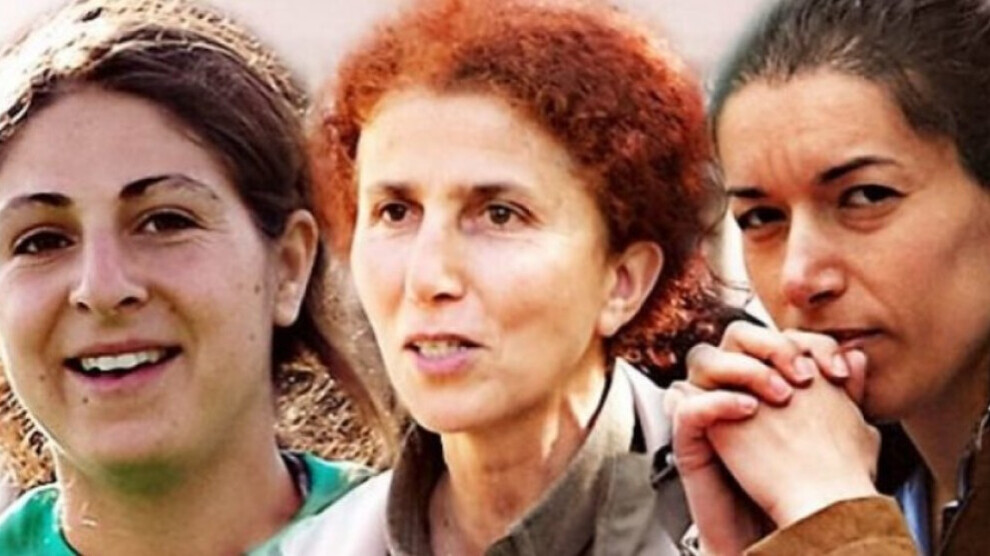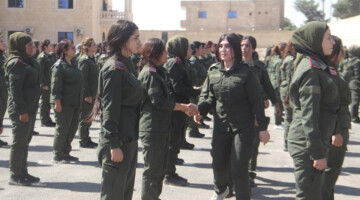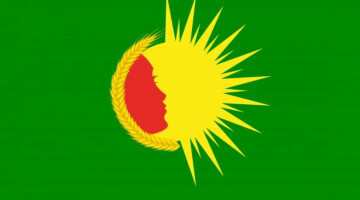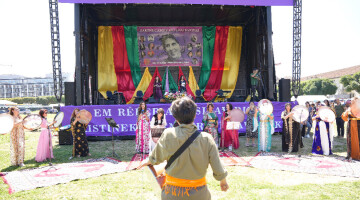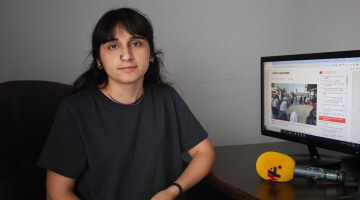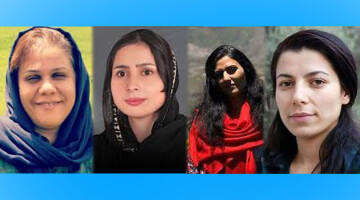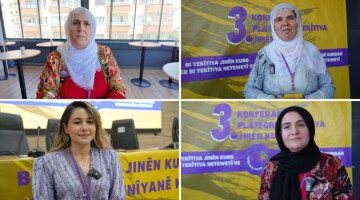Sakine Cansız, a co-founder of the PKK (Kurdistan Workers Party), Fidan Doğan, KNK (Kurdistan National Congress) Representative in Paris, and Leyla Şaylemez, a member of the Kurdish Youth Movement, were brutally executed in the heart of the French capital Paris twelve years ago, on 9 January 2013.
Three women, three generations of Kurdish women, committed at different levels and in different fields, tirelessly working both to denounce the persecution of Kurds and for a path toward a just and lasting peace through dialogue.
They were killed by a killer from the Turkish Secret Service MIT. He shot the three women dead at the Kurdistan Information Center in Paris. To date, no one has been punished.
The fact that this was a contract killing by MIT has been proven by documents, audio recordings and witness statements. The French domestic Secret Service is still treating the case as a state secret and is blocking the release of information. The contract killer, Ömer Güney, who was arrested after the attack, died in prison under suspicious circumstances shortly before the trial began in December 2016.
Kurdish organizations have repeatedly warned the French authorities that further attacks were possible if those responsible for the triple killing and their accomplices were not punished. Ten years later, on 23 December 2022, Evîn Goyî (Emine Kara), Mîr Perwer (Mehmet Şirin Aydın) and Abdurrahman Kızıl were shot in front of the Ahmet Kaya Kurdish Cultural Center, in the immediate vicinity of the Kurdistan Information Office.
SAKİNE CANSIZ (SARA)
Sakine Cansız was born in the province of Dersim in 1957. Having been active in the student youth movement in Elazığ for many years, Cansız joined the Kurdish revolutionary movement in 1976.
Cansız, a leading figure in the struggle against fascist circles in Elazığ, was mainly active in the neighborhoods of Fevzi Çakmak and Yıldızbağları. By joining political work in and around Dersim in 1978, Cansız became fully involved in the revolutionary movement after that time.
After attending the PKK Congress on 27 November 1978, Cansız was arrested in Elazığ and sent to prison together with a group of friends. She was subjected to heavy torture in the period of the 12 September military coup in 1980. She was released in 1991.
Soon after her release, she continued to take an active part in revolutionary activities in West and South Kurdistan.
After many years of struggle in the Kurdistan mountains, Cansız went to Europe where she started to lead the Kurdish women’s organization. She was one of the inspiring and prominent women who made great contributions to the association and organization of Kurds in the diaspora.
FİDAN DOĞAN (ROJBİN)
Doğan, one of the two other Kurdish women killed in Paris three years ago, was born in the district of Elbistan (Maraş) on 17 January 1982. As a daughter of an immigrant family in Europe, she grew up in France.
Doğan, who took a strong interest in the Kurdistan Freedom Struggle since her childhood, started to take an active part in revolutionary works in Europe as of 1999. Besides her work, which mainly focused on youth and women, Doğan also took part in diplomatic activities in Europe as of 2002. She was both a member of the Kurdistan National Congress and the Paris representative of the establishment.
LEYLA ŞAYLEMEZ (RONAHİ)
Leyla Şaylemez, daughter of a Yazidi family from Diyarbakır’s Lice district, was born in 1988 in the southern province of Mersin. She spent her childhood here until her family moved to Germany in the 90’s.
She had been studying at the Department of Architecture for one year when she joined the Kurdistan Freedom Struggle. After 2006, she started to take an active part in many European cities, particularly in Berlin, Cologne, Hannnover, Frankfurt and the Swiss city of Basel.
After spending one and a half years in Kurdistan in 2010, she returned to Paris, where she was working since then.

